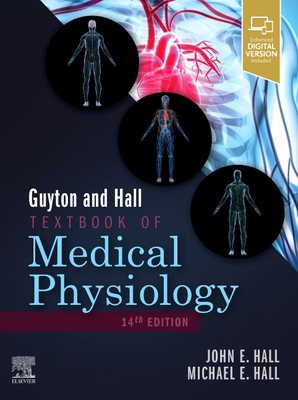Education
- Department of Physiology
- About Physiology and Biophysics
-
Education
- Melissa and Pete Shepherd, Jr., PhD New Investigator Prize
- Physiology and Biophysics Educational Programs Home
- Graduate Program
- Undergraduate Research Experience
- Seminar and Lecture Series
- Seminar Series Archives
-
Research
- 2026 Publications
- 2025 Publications
- Physiology and Biophysics Research Home
- Core Facilities
- Programs
- Graduate Program Research
- Publications
- Research Links
- Resources
Physiology and Biophysics Educational Programs
The Department of Physiology and Biophysics has an outstanding legacy of scholarship and research. Since the UMMC campus opened in 1955, our faculty have made major contributions to the training of leaders in biomedical research.
The Department's training programs for undergraduate and graduate students, as well as postdoctoral fellows, are highly regarded and currently receive funding from NIH for the Hypertension and Cardiorenal Diseases Research Training Program for pre- and post-doctoral fellows.
Faculty and former trainees from the Mississippi cardiovascular research program include more than 35 chairs of departments and deans, 9 presidents of the American Physiological Society, and leaders of several other professional organizations such as the American Heart Association, the Council on Hypertension, the Inter-American Society of Hypertension, and the Microcirculatory Society.

Former trainees and current faculty have served or are currently serving as editors or associate editors of scientific journals in the cardiovascular and renal fields, including Hypertension, American Journal of Physiology, and Microcirculation journals, as well as authors of several major textbooks, including the Guyton and Hall Textbook of Medical Physiology.
As one of the top 10 NIH-funded physiology departments in the United States for the past several years, our faculty and trainees are involved in world-class research that seeks to understand how the human body functions in health and disease. Our current emphasis includes a broad range of topics related to normal physiology of the cardiovascular, renal, nervous, endocrine, and immune systems as well as the pathophysiology of disorders such as hypertension, obesity, diabetes, heart failure, non-alcoholic fatty liver disease (NAFLD), preeclampsia, and systemic lupus erythematosus (SLE).
Our laboratory research facilities include microscopy, histology, transgenic models, computer simulations, animal phenotyping, imaging, and analytical and assay services. These facilities serve members of our department as well as many others at UMMC.


